Imagine waking up and finding a mouse in your bed – a gift from your cat.
For cat owners, this can be a stressful and unhygienic situation.
Cats bring their prey home and sometimes even into their owners' beds because they follow their natural hunting instinct.
In this article, you'll learn why cats do this, what it means, and how to stop your furry friend from doing this behavior, including tips for dealing with live or dead mice.
Why Cats Bring Their Prey Home

Cats are hunters by nature. Their behavior of bringing home prey is part of their instinct. They don't always do this to eat, but because it is in their nature to hunt and demonstrate their skills.
It is a misconception that cats bring their prey as a gift for their owners. In fact, it is an instinct that comes from wild cats. Mother cats bring prey to their offspring to teach them how to hunt.
Here are some reasons why cats bring their prey with them:
- Protected place : The home is a safe place for the cat to consume its prey.
- Seeking recognition : Sometimes cats expect praise for their hunting successes.
- Care : They see people as part of their social group, whom they have to take care of.
It is important to understand that this behavior is deeply rooted in the cat psyche . It is not something cats do to annoy us or give us a gift, but rather it is part of their natural instinct.
A mouse in bed - what is my cat trying to tell me?

If you find a mouse in your bed, it is not only a sign of hunting success , but can also have a deeper meaning. Cats choose their owners' bed as a place to deposit their prey for specific reasons. They feel particularly connected and safe there because it is the place where they often cuddle with their humans and find peace.
The bed symbolizes a private and familiar space for cats. By depositing their prey there, your cat may want to show you that they consider you part of their family. This could also be a sign of trust and affection . Here are a few possible reasons why the bed is chosen as a depositing place:
- The smell of the owner in the bed is very strong.
- The bed is a central place in the cat’s territory.
- The cat wants to share its prey and seeks closeness to its human.
It's also possible that your cat wants to train you. In the wild, mother cats teach their offspring to hunt by bringing live prey. Perhaps your cat sees you as an inexperienced hunter and wants to help you improve your skills. Watch your cat's behavior closely to understand what it's trying to tell you.
Training: How to stop your cat from bringing prey

If you want your cat to stop bringing its prey home, you need patience and consistency . Start by creating alternative places in the garden or on the balcony. Your cat can leave its prey there without bringing it into the house.
It's also helpful to offer your cat regular playtimes to satisfy their hunting instincts. Here are a few ideas:
- Toys that move and stimulate hunting instincts
- hide-and-seek games with treats
- Interactive toys that your cat can use independently when you are not at home
Rewards can also be an effective way to control your cat's behavior. Ignore the prey that is brought and instead reward your cat when it leaves its prey outside. It is important that you are consistent and do not praise your cat for bringing you something.
Finally, training with a clicker can be a good way to teach your cat new behaviors. With the clicker, you can mark the exact moment when your cat shows the desired behavior and then reward it for it. This way, it gradually learns that it is better to leave the prey outside.
Live mouse in bed - what now?
Finding a live mouse in your bed can be quite alarming. Stay calm and try not to panic the animal, as this could make the situation worse. Remember that the mouse is probably just as scared as you are and is just looking for a way out.
To safely catch the mouse and remove it from your bed, you can take the following steps:
- Move quietly and slowly so as not to scare the mouse.
- Have a container or box ready to carefully guide the mouse into.
- Cover the container with a piece of cardboard or paperboard once the mouse is inside.
Once the mouse is safely in the box, take it to a suitable outdoor location , away from your home, where you can release it. Make sure you release the mouse in a location that provides it with enough shelter and food to give it a chance of survival.
Disposing of dead mice - A safe approach
If your cat brings home a dead mouse, it's important to know how to dispose of it safely . Dead mice can transmit germs and diseases, so avoid direct contact and practice hygiene .
The best thing to do is to pick up the mouse with a plastic bag or gloves and place it in a tightly sealed container . This will prevent the spread of germs and unpleasant odors. Here are some steps:
- Put the bag over your hand and pick up the mouse
- Turn the bag inside out so that the mouse is inside
- Close the container tightly and put it in the trash
It is legal to dispose of smaller animals such as mice in the organic waste bin . If you decide to use another method, such as burying them, make sure that it is at least 50 centimeters deep and far enough away from water sources.
Remember that disposing of dead animals in the forest or in nature reserves is not allowed . If you are unsure or if the animals are larger, contact your local waste disposal facility for the correct disposal steps.
Flappies intelligent cat flap - your solution against uninvited guests

Are you fed up with unwanted surprises that your cat brings home? Flappie's smart cat flap is the solution you are looking for. It prevents your cat from bringing prey such as mice and birds into the house. Thanks to the innovative technology with camera and artificial intelligence, Flappie recognizes prey immediately and only lets your cat into the house without these uninvited guests.
The Flappie cat flap offers you many advantages:
- Selective access control prevents your cat from coming home with prey.
- A high-resolution camera and AI technology ensure reliable prey detection.
- With the Flappie app you can control the cat flap remotely and receive notifications and insights into your cat's life. Visit flappie.ch now and ensure a prey-free home!
Frequently Asked Questions
What does it mean when my cat brings me a mouse?
If your cat brings you a mouse, it is a sign of her hunting success and may also have a deeper meaning. It may mean that she sees you as part of her family and wants to show you trust and affection. It could also be that she sees you as an inexperienced hunter and wants to help you improve your skills.
How do I stop my cat from bringing mice home?
To stop your cat from bringing mice home, you should be patient and consistent. Create alternative places in the garden or on the balcony and offer your cat regular play times to satisfy its hunting instinct. Ignore the prey it brings home and reward your cat when it leaves its prey outside. You can also use clicker training to teach your cat new behaviors.
What does it mean when the cat brings the prey?
When the cat brings prey, it is following its natural hunting instinct. It is a misconception that cats bring their prey as a gift for their owners. It may be a sign of seeking recognition, showing care, or that they are looking for a safe place to consume their prey. It is also possible that your cat is trying to train you, as mother cats do with their offspring in the wild.
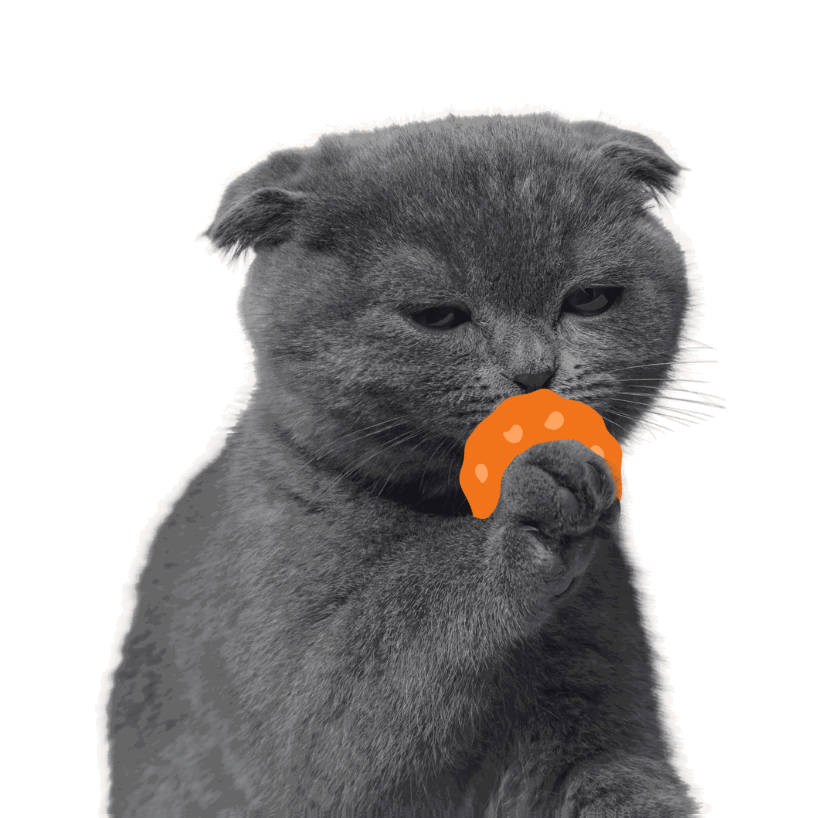
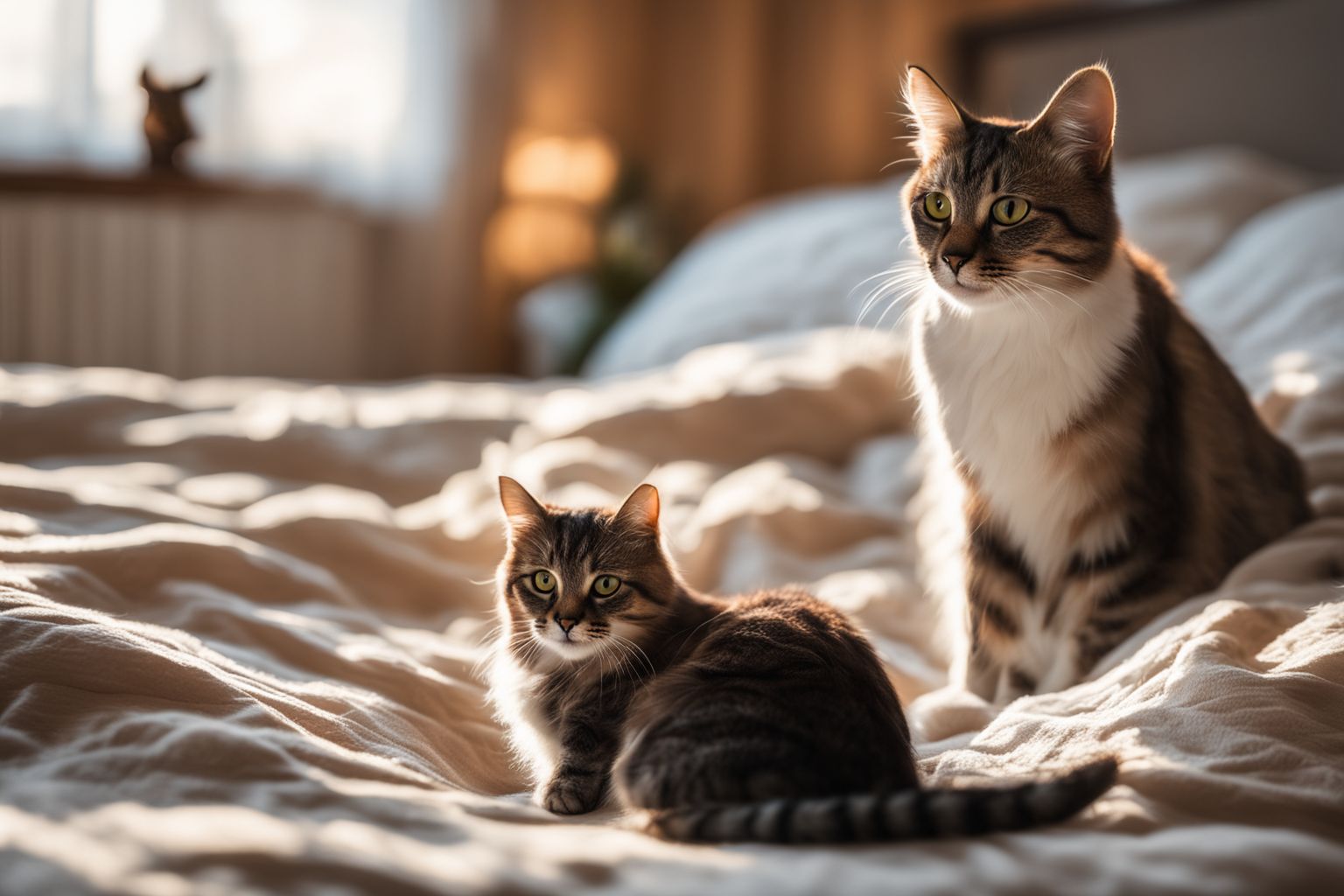
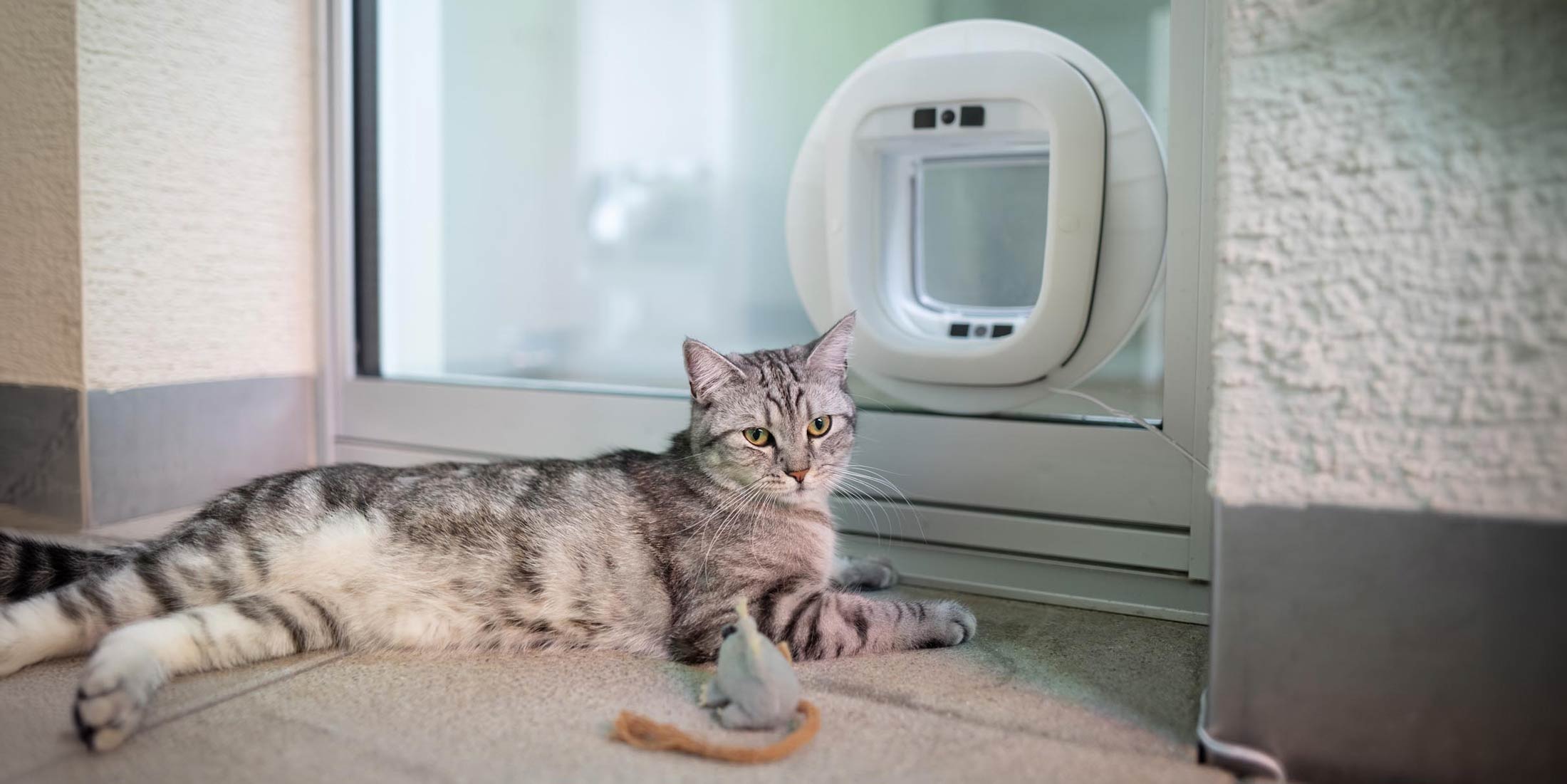
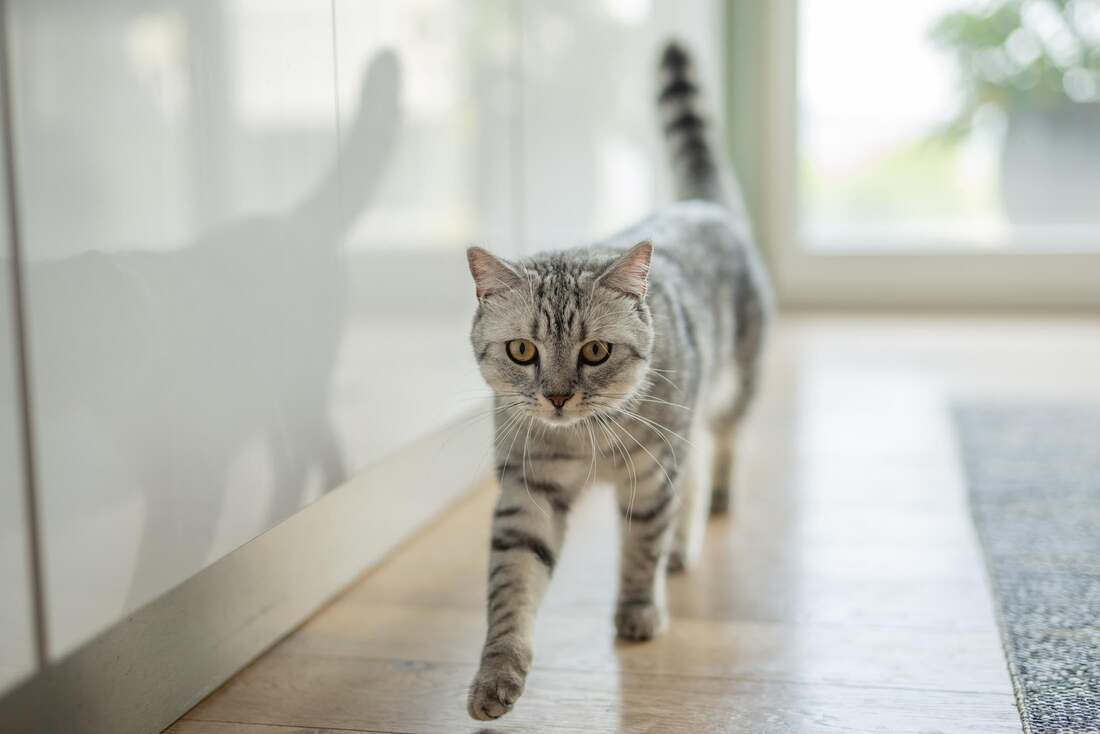
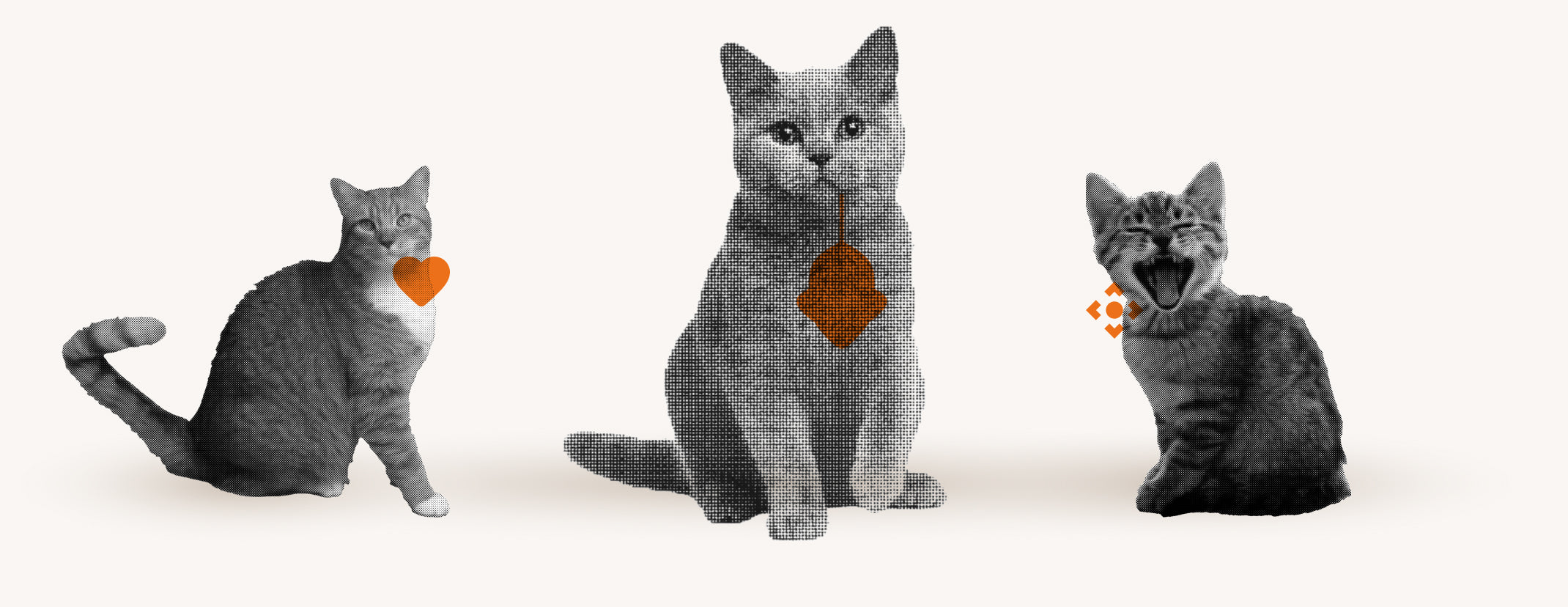
Share:
How old are cats in human years?
Your cat brings mice? Understand and react correctly.